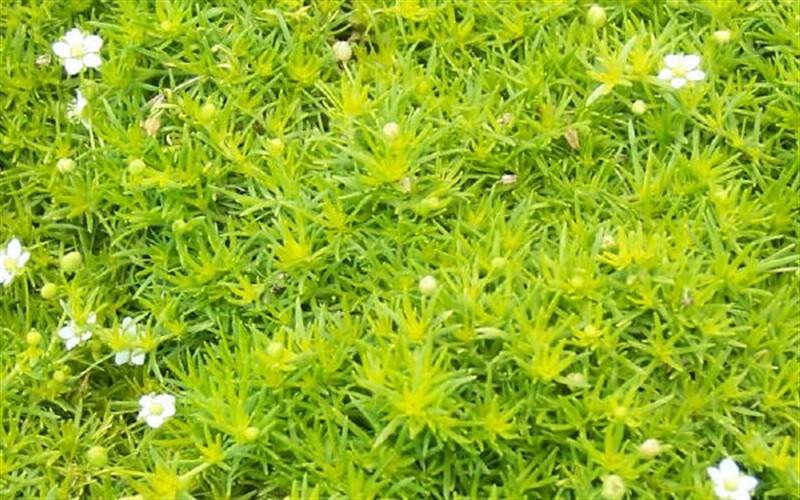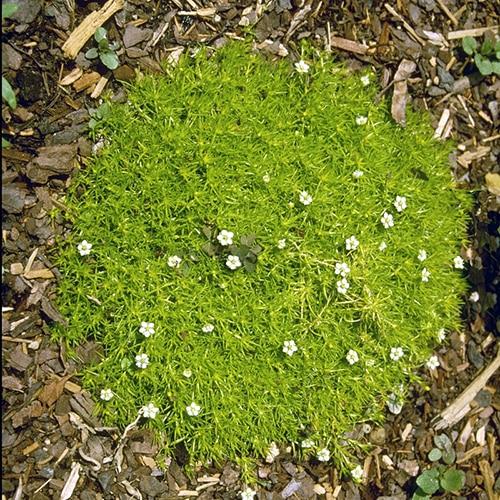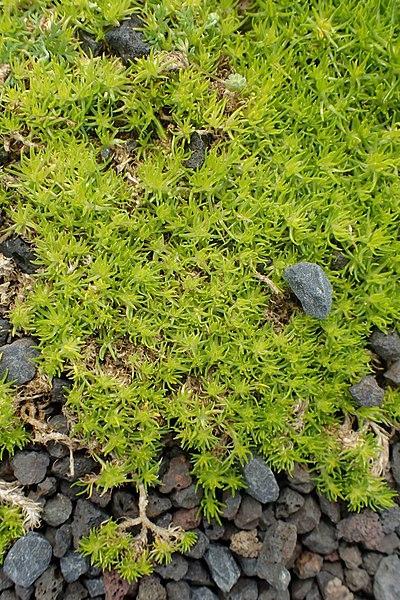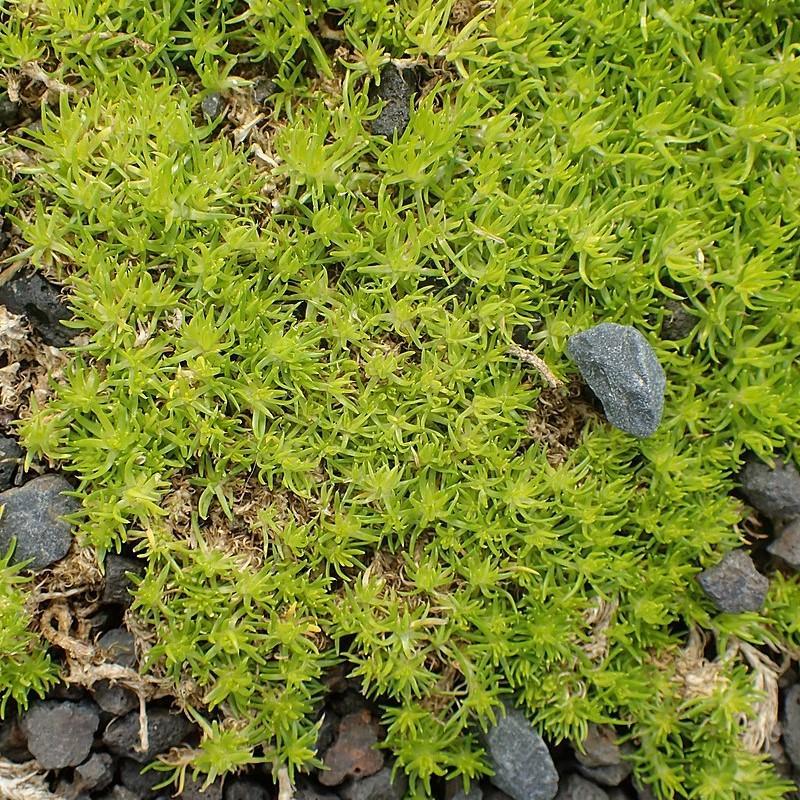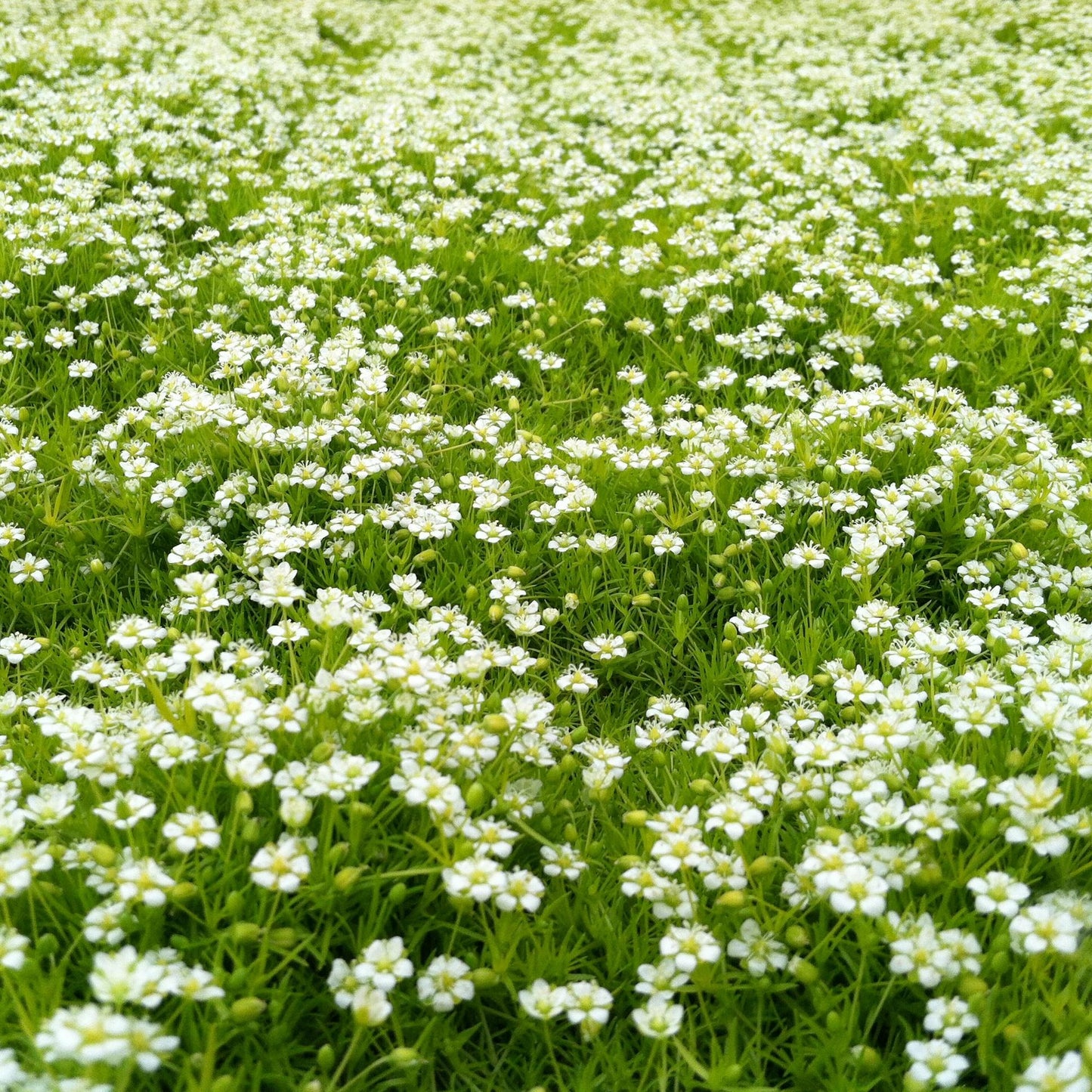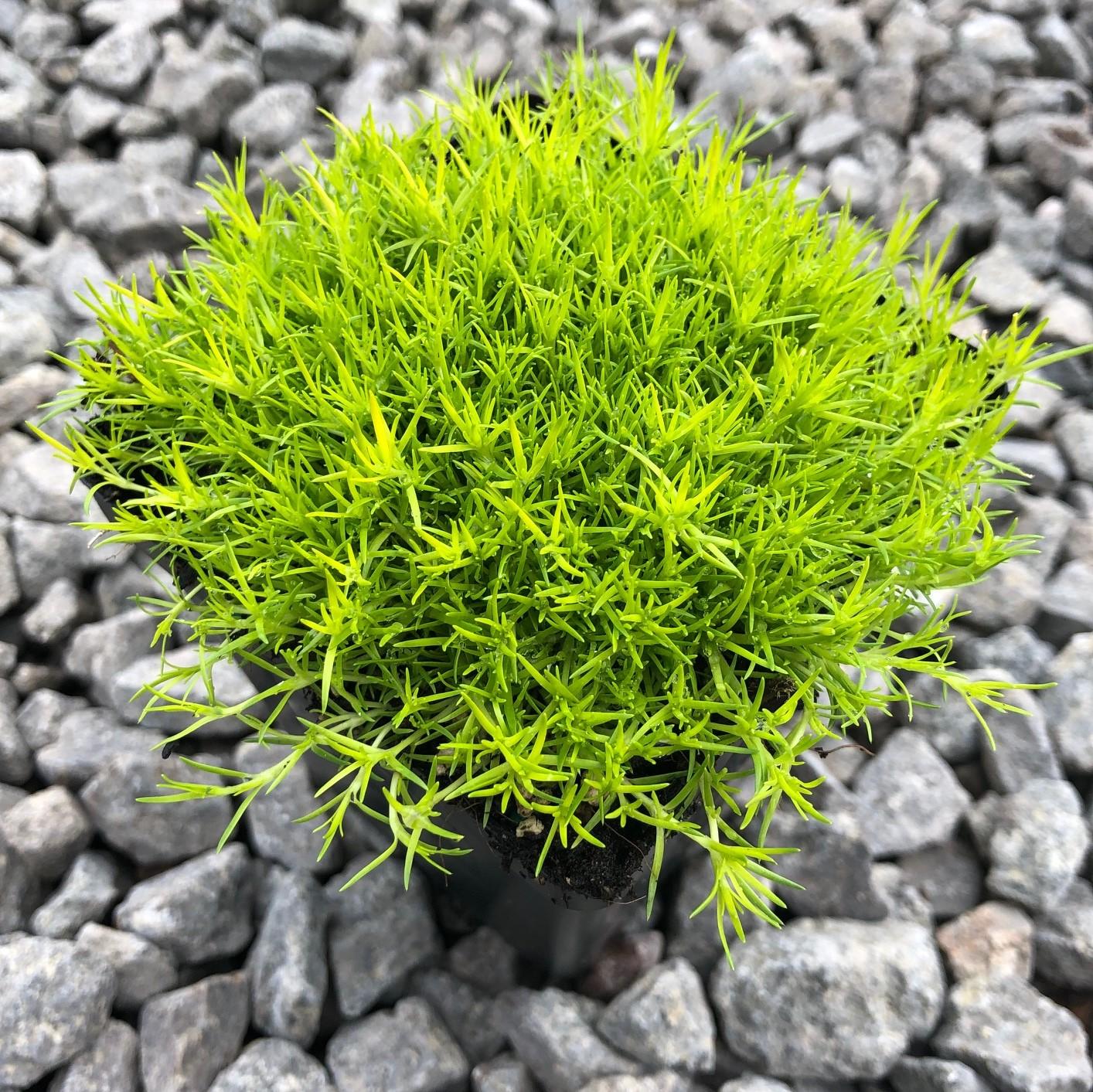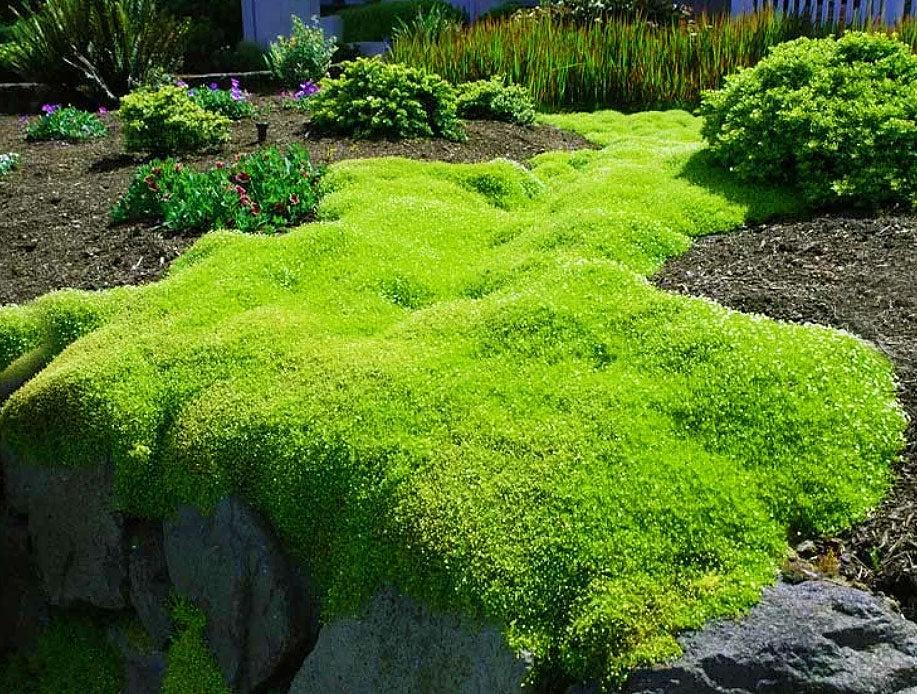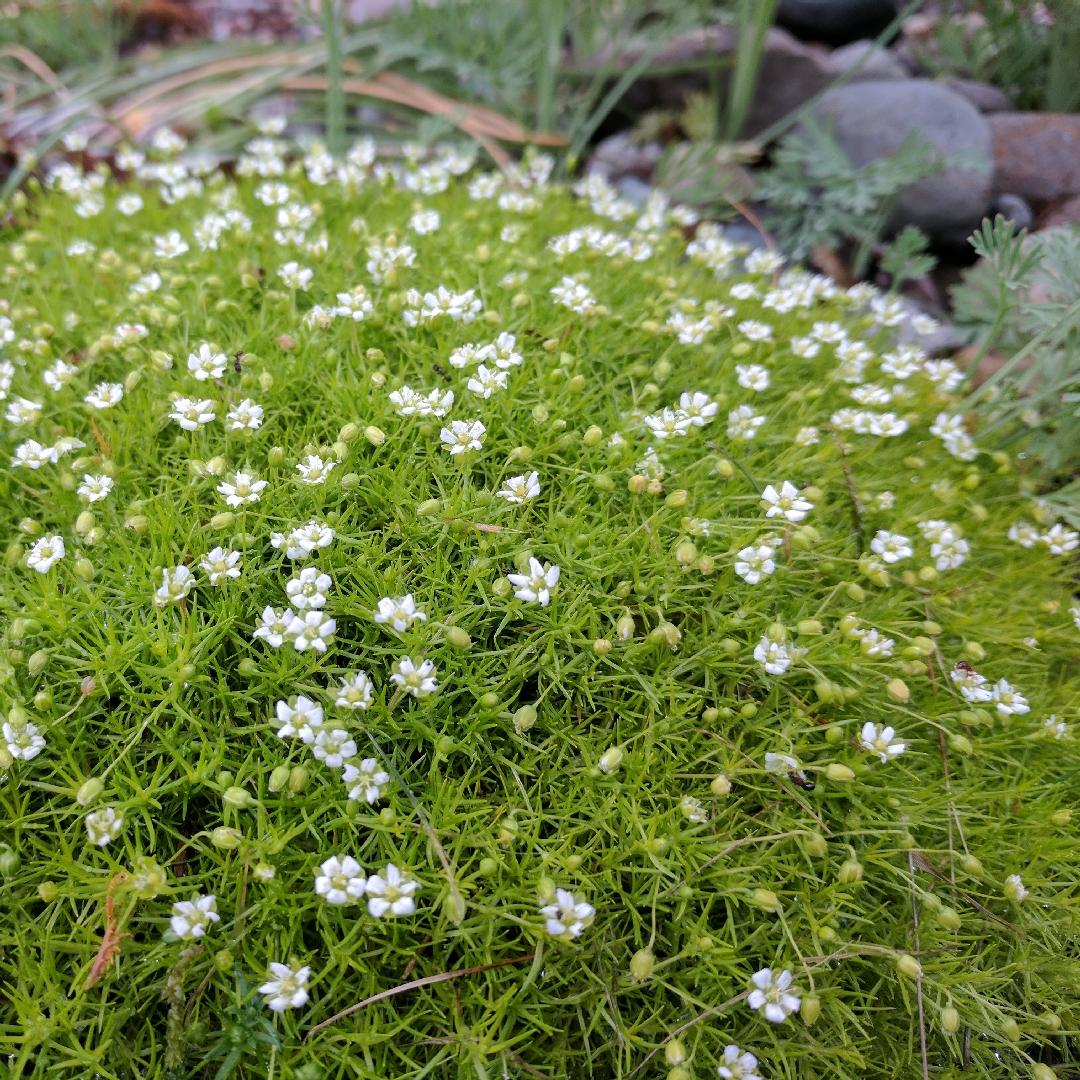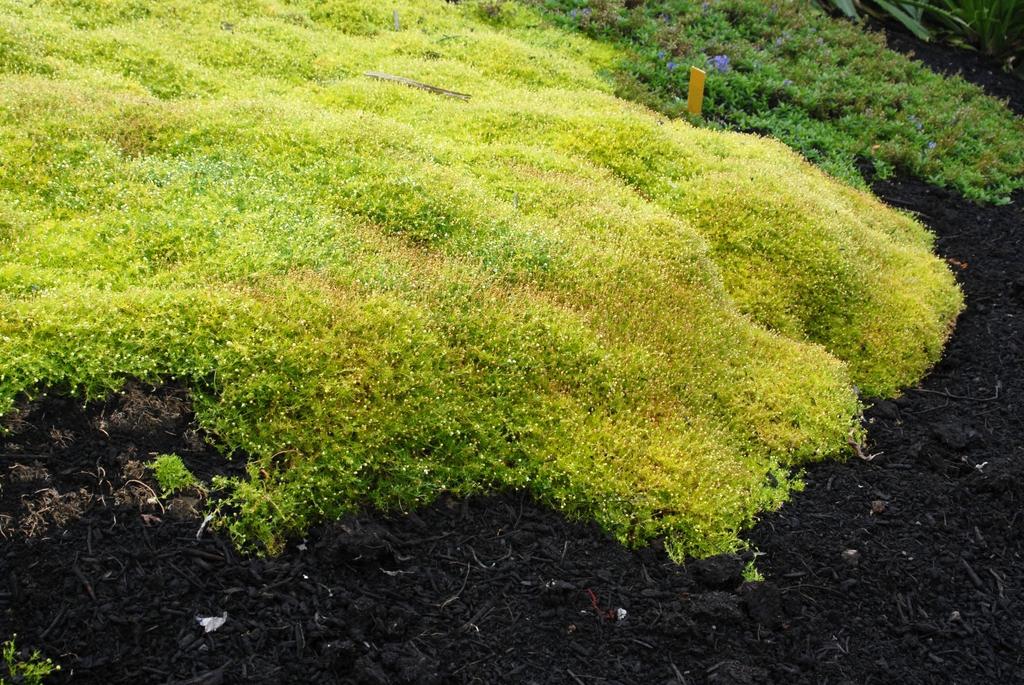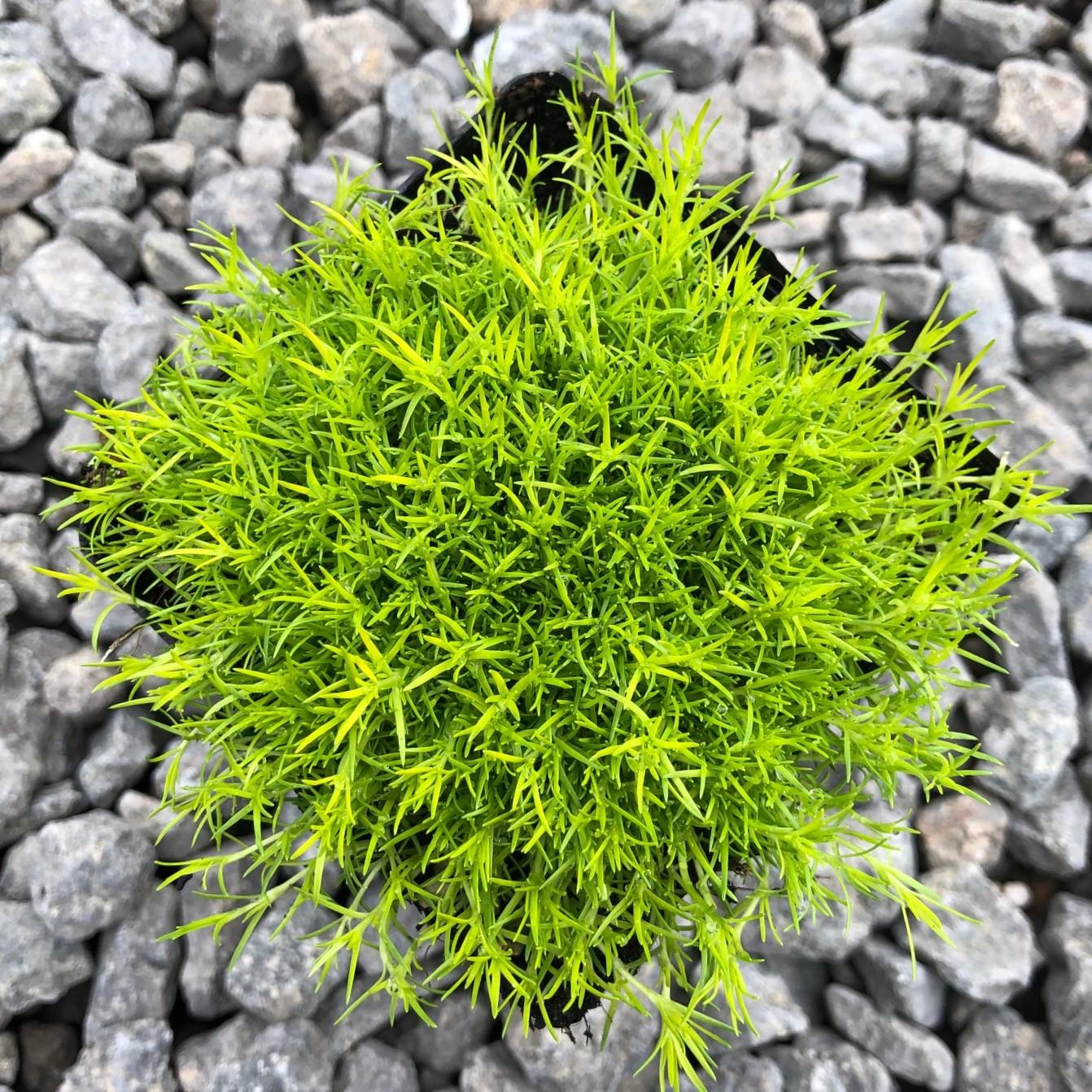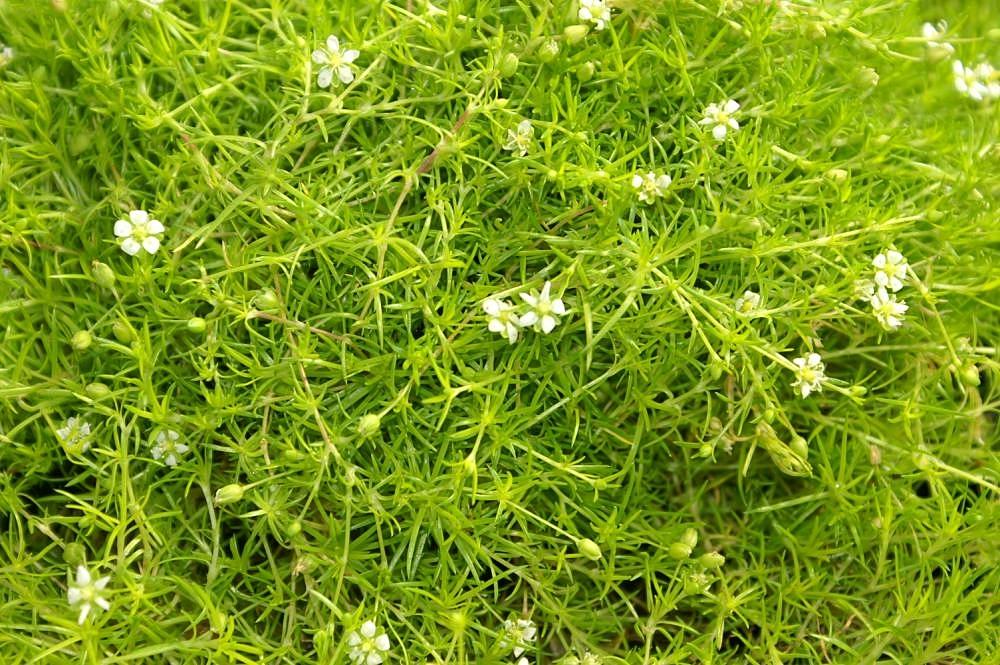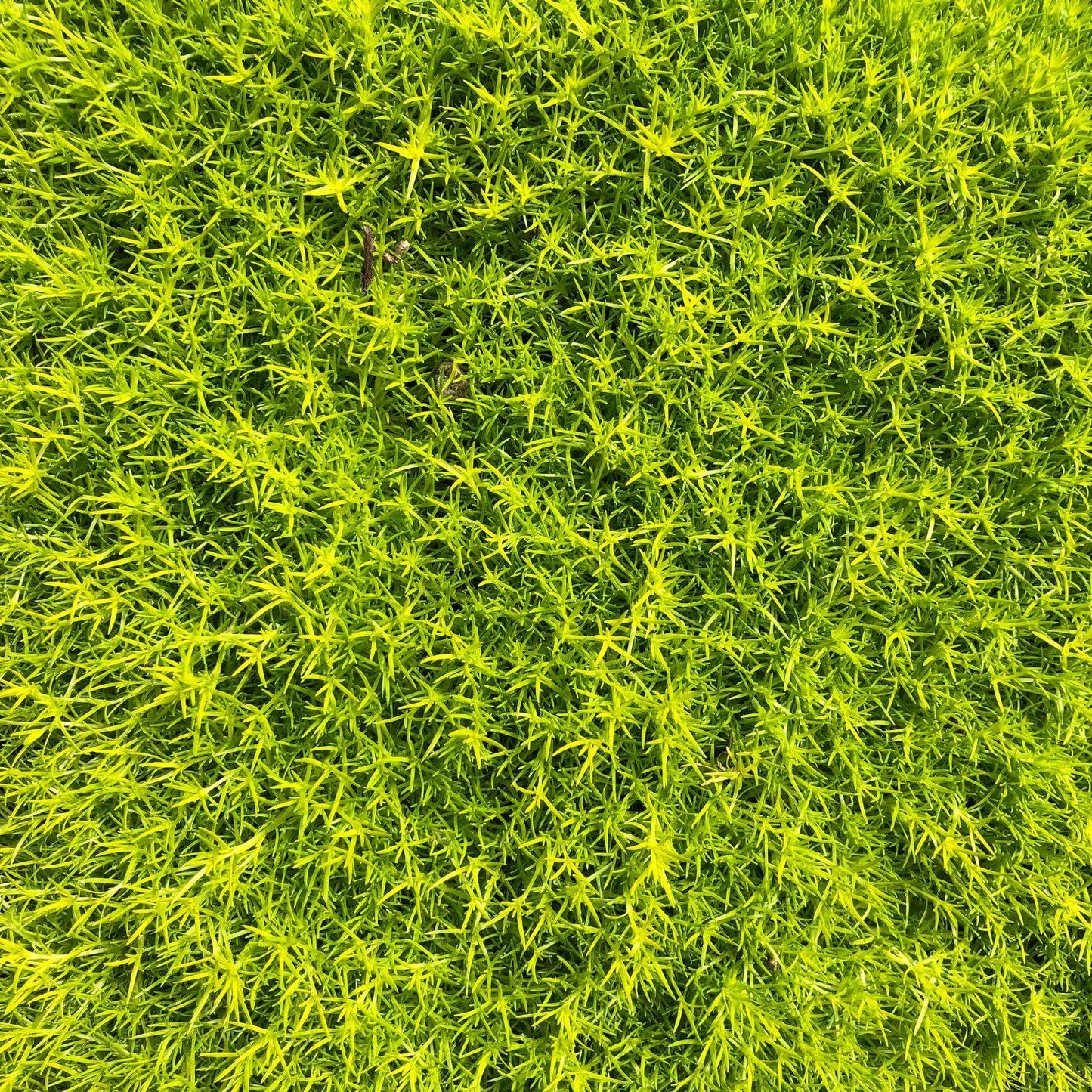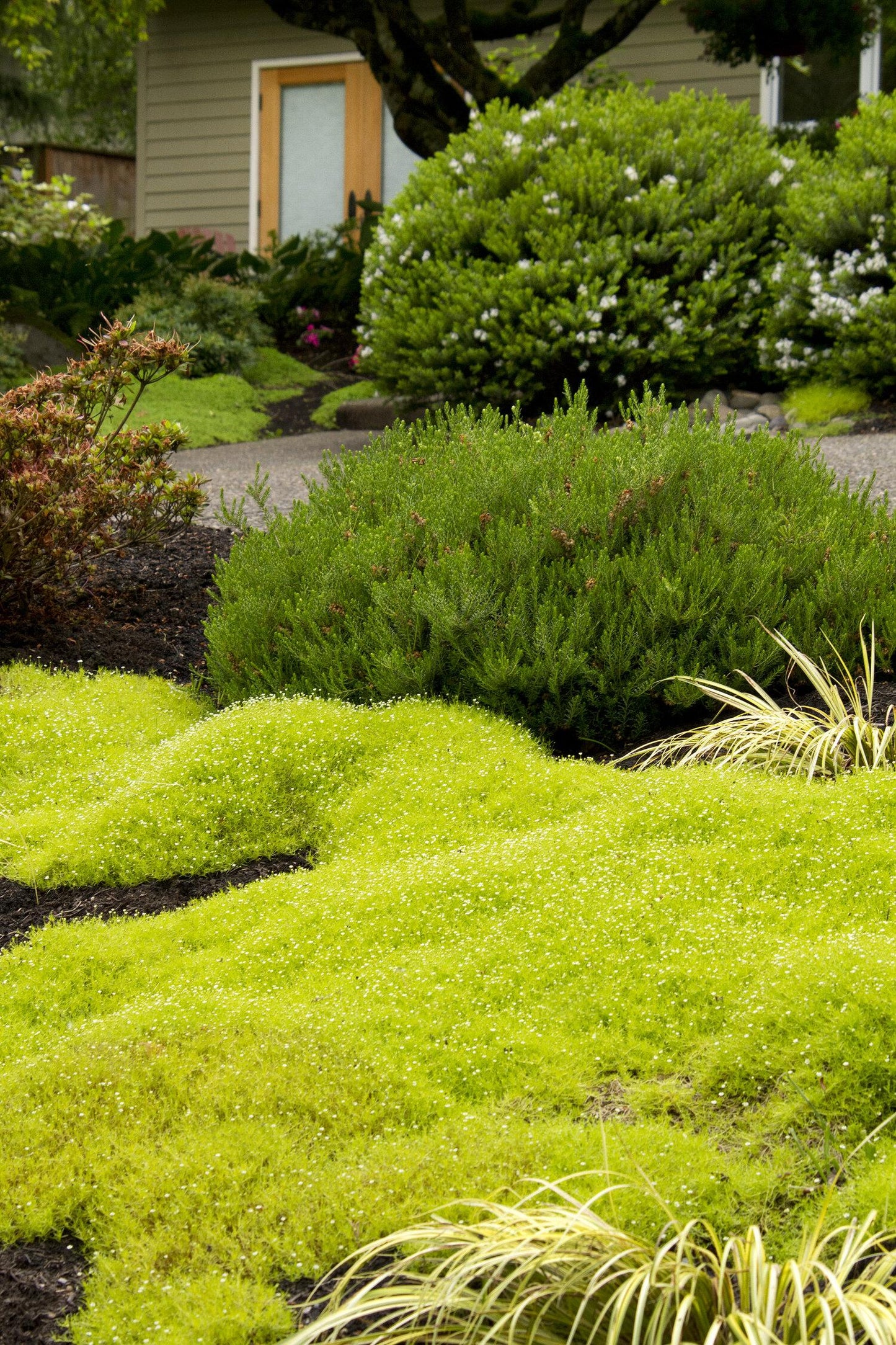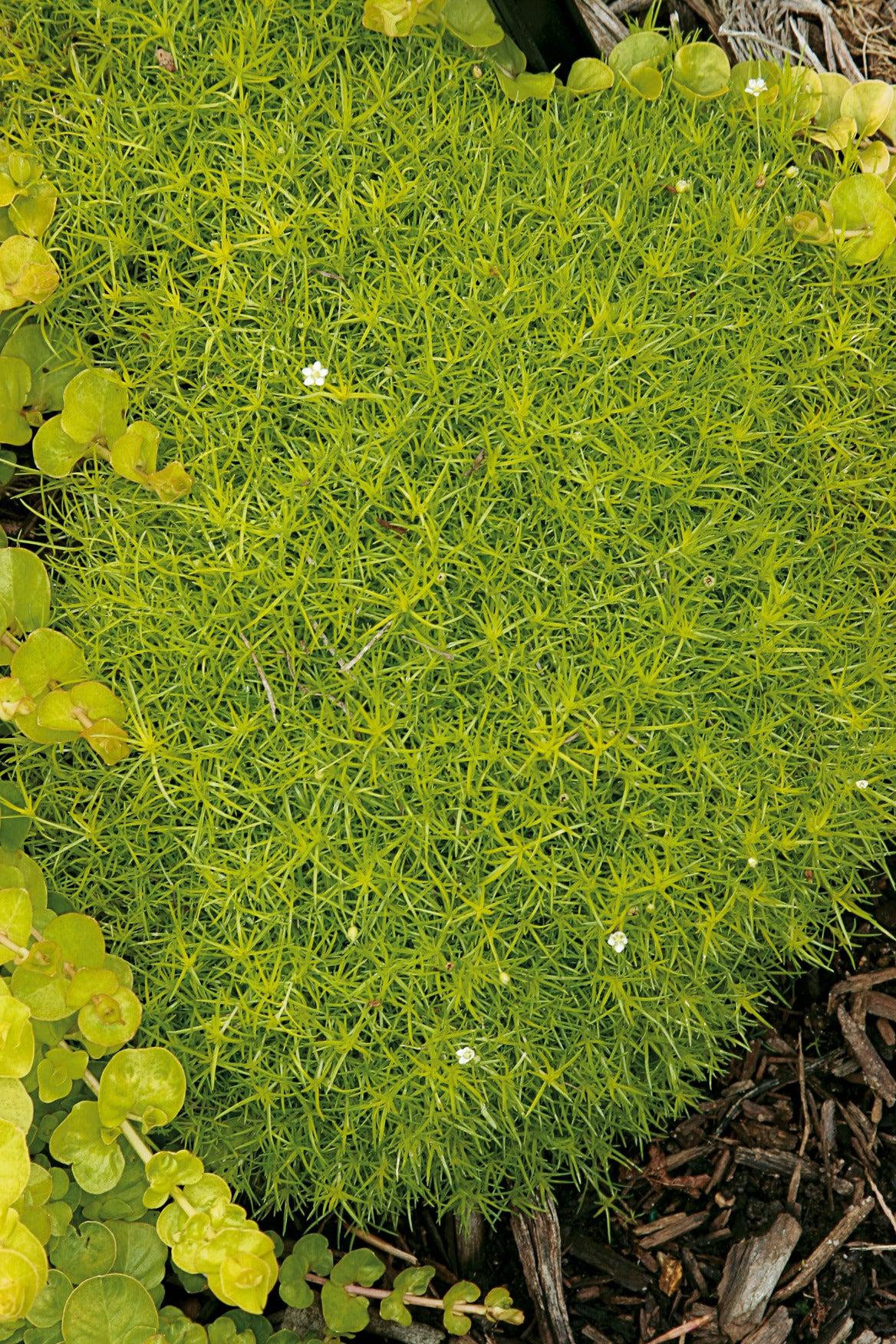1
/
of
18
Scotch Moss-Aurea-Perfect for Ground Cover 4" Pot (Pack of 4)
Scotch Moss-Aurea-Perfect for Ground Cover 4" Pot (Pack of 4)
Regular price
$49.99 USD
Regular price
$64.99 USD
Sale price
$49.99 USD
Unit price
/
per
Shipping calculated at checkout.
SKU:gc04281-redcrocus
Couldn't load pickup availability
Sagina subulata 'Aurea' Scotch Moss
Description
Sagina subulata 'Aurea', commonly known as Scotch Moss, is a vibrant, low-growing perennial that forms a dense mat of golden-yellow foliage. It is ideal for adding a splash of color to rock gardens, between stepping stones, or as a ground cover in shaded areas. Its fine texture and bright hue make it a popular choice for gardeners seeking a unique and eye-catching plant.
Suggested Uses
Scotch Moss is perfect for use in rock gardens, as a ground cover, between stepping stones, or in containers. Its bright color and soft texture make it an excellent choice for adding contrast and interest to garden designs.
Plant Details
-
 Botanical Name: Sagina subulata 'Aurea'
Botanical Name: Sagina subulata 'Aurea' -
 Common Name: Scotch Moss
Common Name: Scotch Moss -
 Size & Growth: 1-2 inches tall, spreading up to 12 inches
Size & Growth: 1-2 inches tall, spreading up to 12 inches -
 Hardiness Zones: 4-8
Hardiness Zones: 4-8 -
 Foliage Type: Evergreen
Foliage Type: Evergreen -
 Bloom Time: Late spring to early summer
Bloom Time: Late spring to early summer -
 Growth Rate: Moderate
Growth Rate: Moderate -
 Light Requirements: Full sun to partial shade
Light Requirements: Full sun to partial shade -
 Attracts Pollinators: No
Attracts Pollinators: No -
 Indoor Friendly: No
Indoor Friendly: No -
 Container Friendly: Yes
Container Friendly: Yes -
 Deer Resistant: Yes
Deer Resistant: Yes -
 Pet Warning: Non-toxic to pets
Pet Warning: Non-toxic to pets -
 Fragrant: No
Fragrant: No -
 Cut Flower: No
Cut Flower: No -
 Grows Well With: Thyme, creeping Jenny, and other low-growing perennials
Grows Well With: Thyme, creeping Jenny, and other low-growing perennials
Care Tips
-
 Planting Instructions: Space plants 6-12 inches apart in well-drained soil
Planting Instructions: Space plants 6-12 inches apart in well-drained soil -
 Soil Moisture: Keep soil consistently moist but not waterlogged
Soil Moisture: Keep soil consistently moist but not waterlogged -
 Soil Type: Prefers sandy, loamy, or clay soils
Soil Type: Prefers sandy, loamy, or clay soils -
 Humidity: Tolerates average humidity levels
Humidity: Tolerates average humidity levels -
 Pruning Instructions: Trim lightly to maintain shape and remove dead foliage
Pruning Instructions: Trim lightly to maintain shape and remove dead foliage -
 Winter Care: Mulch lightly to protect roots in colder climates
Winter Care: Mulch lightly to protect roots in colder climates -
 Planting Depth: Plant at the same depth as the nursery container
Planting Depth: Plant at the same depth as the nursery container -
 Fertilization: Apply a balanced, slow-release fertilizer in spring
Fertilization: Apply a balanced, slow-release fertilizer in spring -
 Special Care: Avoid overwatering to prevent root rot
Special Care: Avoid overwatering to prevent root rot
Share
